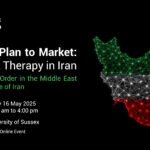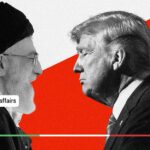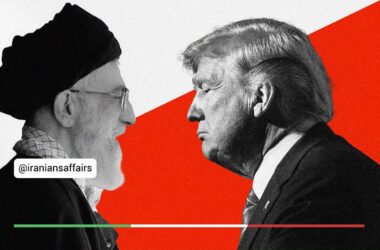In recent days, articles published by the think tank have been critiqued and reviewed by various individuals with differing perspectives. The think tank expresses its gratitude for opening the door to discussions on topics such as the “national revolution,” “national leader,” “characteristics of authority,” and “Iran’s national interests in the region.” It endeavors to respond to the raised questions as much as possible and use this opportunity for deeper exploration of the issues.
Max Weber is likely the first person to classify the foundations of legitimate authority. According to Weber, the legitimacy of authority is categorized into three types: charismatic, traditional, and rational-legal authority. However, in the materials attributed to Weber within the Iranian academy, the details of his perspective have not been fully elaborated, which we aim to address here:
Weber’s Classification of Authority
Weber distinguishes three types of authority:
Charismatic Authority: This concept originates from Christian theology and is significant because of its roots. A charismatic personality emerges during crises, portraying unique abilities to solve problems. Its theological origins in early societies sometimes raise questions about its application to modern figures. However, as research shows, many supporters of contemporary political leaders (such as presidents and prime ministers) also exhibit a charismatic view of their leaders.
Weber’s theory mainly focuses on the relationship between the ruler and the ruled, illustrating the evolution of legitimate authority:
- The first generation of rulers gains the loyalty of followers through charismatic authority.
- Subsequent generations inherit authority through traditional legitimacy established by the first generation.
- Finally, traditional authority transitions into rational-legal, rule-based modern authority.
Key Complementary Points
- Legitimacy vs. Coercion: Weber’s triad fundamentally differs from illegitimate force. While individuals may temporarily impose their will through fear or circumstances, this imposition lacks the legitimacy of Weber’s categories.
- Charismatic Authority and Media: Public perception often associates charismatic authority with a politician’s media presence. However, Weber emphasizes that this form of legitimacy is the oldest and predates modern communication tools, providing insights into how leaders historically cultivated their charismatic image.
Beyond Governance: Weber’s triad applies not only to governance but also to organizational management and other domains.







